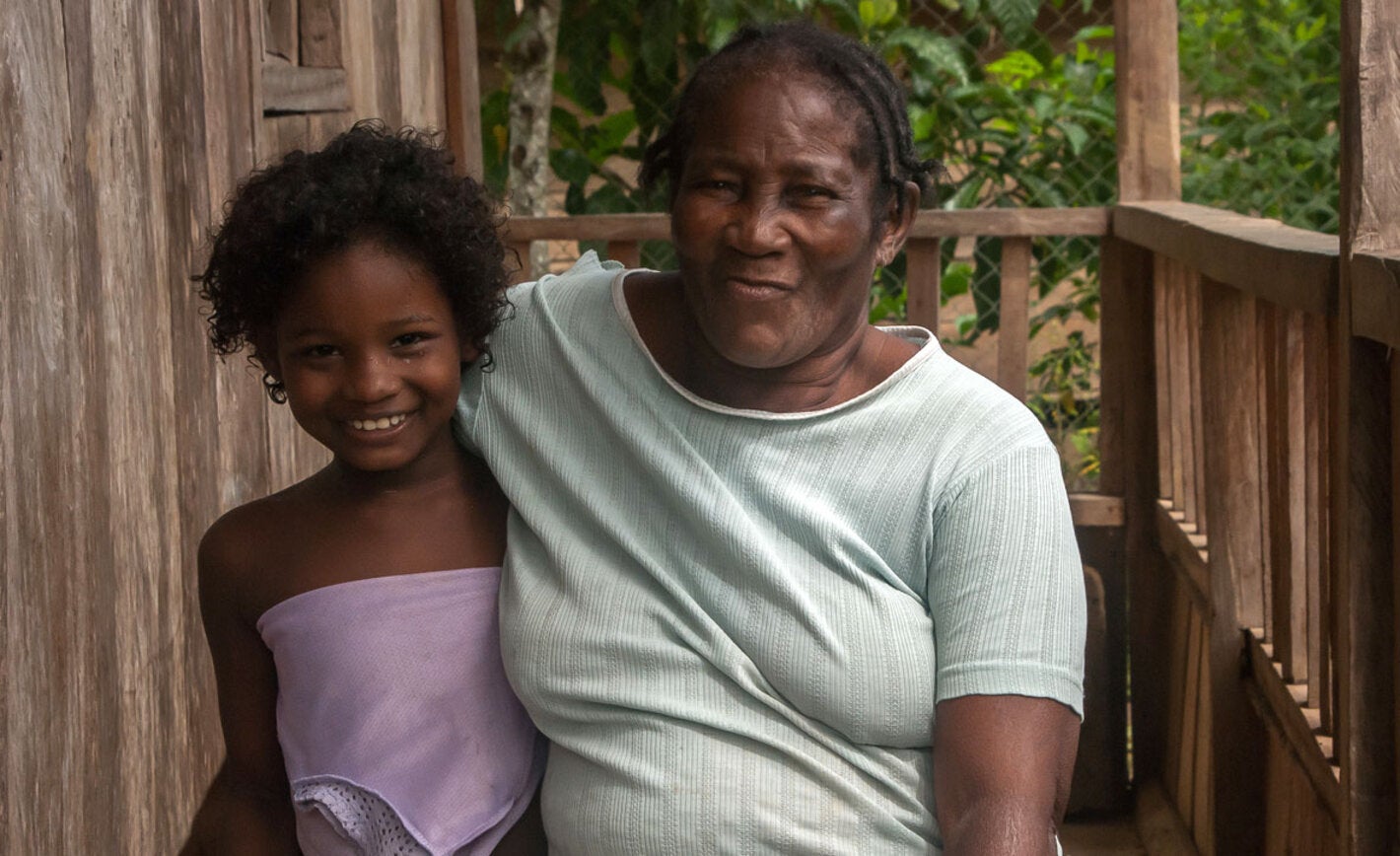
Washington, D.C., September 28, 2023 ― While countries of the Americas have adopted mandates to improve health equity, progress has been “limited and slow,” warned Pan American Health Organization (PAHO) Director, Dr Jarbas Barbosa. Countries must implement “urgent actions” to accelerate the reduction of health inequities, particularly given the short time remaining to meet the 2030 Sustainable Development Goals targets.
“Many communities and people are currently in such a situation of vulnerability that their right to health is not granted,” Dr Barbosa said at the briefing session Advancing the Health Equity Agenda in the Americas, held on the sidelines of PAHO’s 60th Directing Council today.
“Indigenous people, people of African descent, low-income populations, people living in informal settlements or remote areas, migrants, women, and girls, as well as members of the LGBTQI+ community, are among those for which socioeconomic disadvantages, combined with racial and gender discrimination, are disproportionately impacting their health and well-being,” the PAHO Director added.
“In the Americas just 25% of the goals are on track to be achieved by 2030, almost 50% are moving in the right direction but too slowly, and the remaining 25% are regressing in Latin America and the Caribbean,” Gerry Eijkemans, Director of Social and Environmental Determinants for Health Equity at PAHO said. Not only is the overall situation in the Region worsening, but "inequality between countries is also increasing,” she warned.
To tackle this, sectors must work together at the country level to implement adequate social policies, strengthen primary health care, and integrate social determinants of health into the work of health services to make programs more effective.
Currently, almost 45% of people under the age of 18 in the Americas live in poverty. In 2022, hunger affected 56.5 million people in the Region, a number which has increased by 13.2 million since the outbreak of the COVID-19 pandemic. The Region’s life expectancy at birth also dropped by 3 years between 2019 and 2021, from 75.1 years to 72.1 years ―the largest decrease among all regions.
“Since 2015, the Americas has been experiencing a deterioration in welfare levels, a stagnation in educational attainment, and a rise in poverty rates,” Dr. Barbosa said, issues that have been “exacerbated by the COVID 19 pandemic.”
"To achieve more equitable societies, we need to focus on the social, economic, and political conditions that hinder the ability of certain populations to enjoy the highest attainable levels of health and wellbeing, including access to quality health services,” he reiterated.
During the session, Belize’s Minister of Health, Kevin Bernard; Head of Office of Cooperation and International Affairs of the Ministry of Health of Chile, Raquel Child; and Max Enríquez, Bolivia’s Vice Minister of Promotion, Epidemiological Surveillance and Traditional Medicine also shared their experiences on reducing health inequities at country level.



